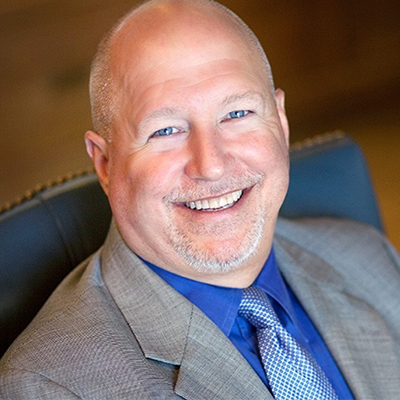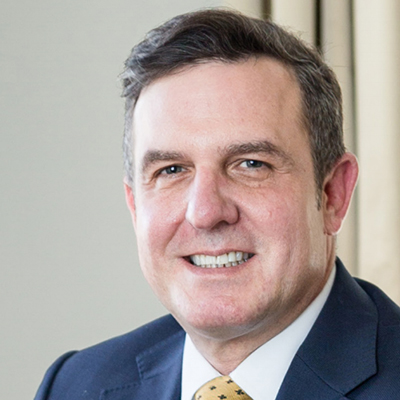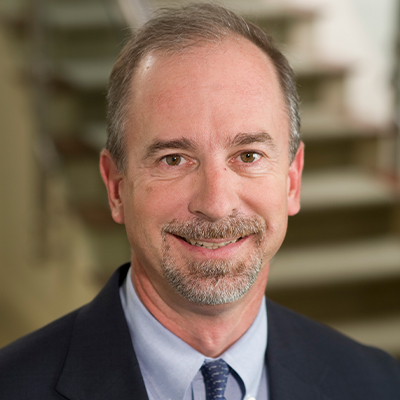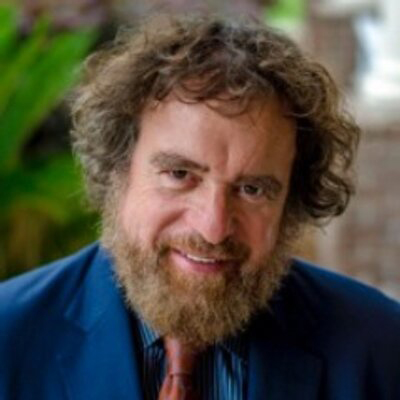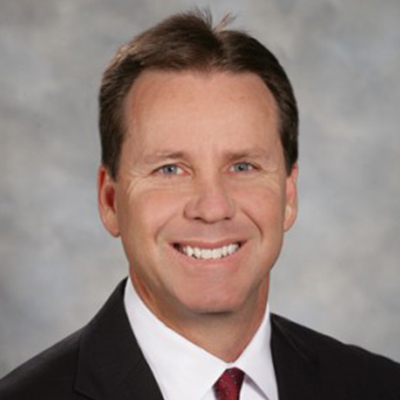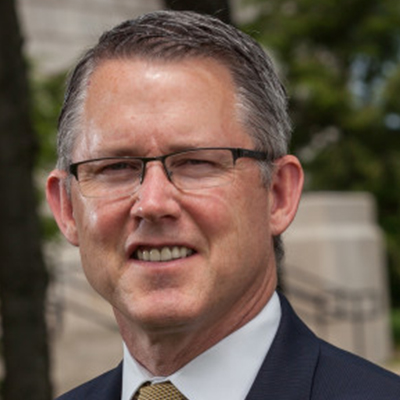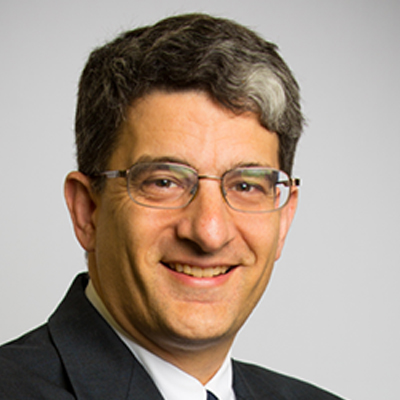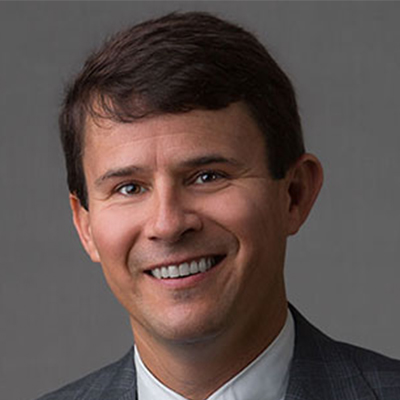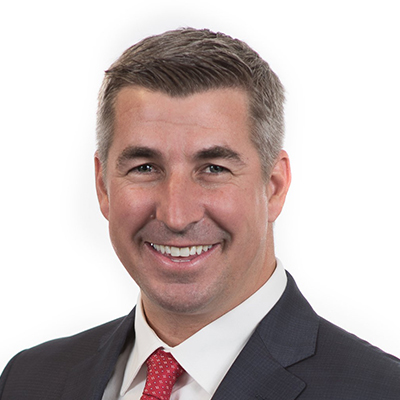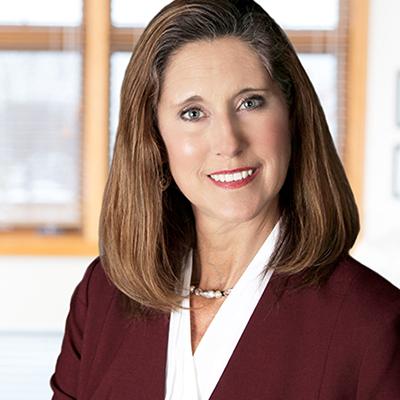It’s a problem that lurks in many firms. Founding and/or senior partners are the finders, and they hire minders and grinders to do the bulk of the work. Then the day comes when these hires are instructed to go out and get new clients. Suddenly, a population trained to "succeed" in one way has to learn to survive in a vastly different environment.
Some have little problem making the transition. Lawyers who have run their own firms or their own businesses, or who have come from a sales background, often "get it." Others who have the natural DNA and flexibility can also make the transformation. These people are aware, hungry, and on the prowl for the next great opportunity. They have the courage and persistence to take chances, fail, get back up and continue on.
Many other lawyers, however, have not found their inner entrepreneur. They view business development as a strange new world, in many ways the antithesis of what they’re used to (and comfortable with) doing. Some come from the old school that says doing good work will bring new clients to the door. Others, from the perpetual student school, have few life experiences with leadership or selling. This was demonstrated to me a few months ago while I was conducting a training session for associates. I asked the question, "Who here has ever run their own business, be it a lemonade stand or a full-on enterprise?" In a room of over 20 people, not a hand was raised. The problem, as stated by Michael Droke, head of the Seattle office of Dorsey & Whitney,
is that law firms are incubators of great lawyers and not incubators of entrepreneurs. He points out that our law profession is not designed to build new business models or encourage risk-taking.
To effectively compete for clients and top talent, enlightened leaders must develop an environment in which entrepreneurial energy can be learned, nurtured, practiced, and rewarded. By understanding the mindset of our lawyers and using the right tools, we can develop a more pervasive culture of "ownership" that is currently lacking in many of our firms.
Learning Through Reframing
Many people approach new activities with a "can’t do" mindset ("I can’t serve a tennis ball," or "I can’t call a prospective client I’ve never met before."). An effective way to overcome this tendency is to apply skills they already possess to the new task ("Hit the ball as if you’re giving a high-five," or "Call an in-house counsel to interview him for an article you’re writing.").
Do our lawyers possess translatable skills and experiences? Absolutely! Becoming a good lawyer and executing on a good business idea have many common characteristics, such as:
- Passion and curiosity;
- Goal setting, deadlines, and accountability;
- Tenacity;
- Hard work;
- Delayed gratification;
- Delegation and people management;
- Competitiveness; and
- Breaking complex issues into smaller manageable pieces.
The following are two examples of lawyers who have applied some of these qualities to their
practices.
Harnessing Passion
One of the traits of successful entrepreneurs is passion, a very personal passion. The story of Mark Avsec, Vice-Chair of the Intellectual Property Practice at Benesch, Friedlander, Coplan & Aronoff LLP, is illustrative of how some lawyers marry this passion with their practice. Besides being a lawyer, Mark is also a professional musician, producer and songwriter who is an American Music Award winner and has been nominated for two Grammy Awards. Mark was in the group Wild Cherry ("Play That Funky Music, White Boy") and went on to produce and write more than 300 songs. One of the most successful songs Mark wrote and produced was "Ah! Leah!" for Donnie Iris and the Cruisers, the group he founded and with whom he still performs.
An amateur songwriter claimed Mark and Donnie stole the song from him. Having never heard the plaintiff’s song until the trial, Mark refused to settle. After years of litigation and a 10-day trial, a jury completely exonerated Mark and the other defendants. Though he won the lawsuit, he had a substantial legal bill to pay. Shocked that he could do nothing wrong and still get sandbagged, Mark felt vulnerable. He began reading a copyright nutshell as soon as the "Ah! Leah!" litigation commenced. When it was over, his passion drove him to enroll and excel in undergraduate school (graduated summa cum laude) and then law school (graduated magna cum laude). Today, Mark has a copyright and trademark law practice with an expertise in music-related issues, and has taught "Law of the Music Industry" at a local law school.
While many lawyers may not have trigger events as intense as Mark’s, often they do have strong personal or professional interests that can be woven into parts of their practice. I’ve seen lawyers who have turned backgrounds and hobbies in hospitality, nursing, woodworking, the armed forces, wine, cheese, horses, fashion design, chemical engineering, language and international culture into practices that give them great pleasure as well as substantial revenue.
To uncover passions, leaders must ask questions that identify past and future desires. They must also be prepared to offer political cover, resources, time, and/or contacts to help their fledgling entrepreneurs fly on their own.
Goal-Setting, Deadlines and Accountability
Back to Michael Droke, head of Dorsey’s Seattle office. The challenge was a document collection and review process that was less efficient and more costly than it needed to be. This led to an internal study group focused on process improvement and a new best practice was born. The result is LegalMine, a fixed priced e-discovery service that can review huge amounts of documents efficiently, thoroughly and accurately.
Michael began the product development process by getting budget approval, building internal consensus with leaders and IT, and then forming a working group to develop the product. He laid out a vision, set goals and objectives, and developed extremely aggressive timelines (to the protestations of many who said it could not be done) and had everyone develop personal task lists that showed how their action (or inaction) would impact others in the execution of the process. The result was a product that was completed in time and under budget. Mark credits the success to delegating power to the right people and holding them accountable for getting things done.
Other Suggestions for Encouraging an Entrepreneurial Culture
Find and Highlight Role Models
Just as athletes can learn skills by watching other gifted athletes, so too can your people learn entrepreneurial behavior by observing role models who possess these talents. Form groups that include your existing entrepreneurs to provide opportunities for the "students" to learn from the masters.
Incubate the Desired Behaviors
One can only learn a skill by practicing it. Find projects of any size and empower your up-andcomers to complete them.
Respond to Changing Circumstances and Find Niches
Uncover new and emerging practice areas, find people with passion in those areas, and support them in building a practice. You should also encourage people to move out of lower rate and declining areas.
Provide the Necessary Leadership Support
Develop agreement among your leaders that entrepreneurialism should be encouraged. Provide necessary time, people, funding and rewards to prove this behavior is valued and supported by the firm. Allow risk-taking and tolerate failure. Help your entrepreneurs overcome issues that often kill initiatives such as working cross-groups, crippling internal politics, misaligned compensation structures, and the general inertia surrounding new projects. Encourage sustainability by asking for ongoing progress updates and tie a portion of compensation to timely completion.
Conclusion
The seeds of entrepreneurialism live within many lawyers. Firms looking to grow and prosper must proactively create an environment that allows this talent to blossom, and it is the duty of firm leaders to identify and liberate the potential that exists in their people.
About the Author
David H. Freeman, J.D., a member of this newsletter’s Board of Editors, is a former lawyer from New York, CEO of the David Freeman Consulting Group, and an internationally known professional in leadership training and coaching, business development training and coaching, and retreats. He can be reached at 303-448-0757 or freeman@davidfreemanconsulting.com.
Reprinted with permission of Incisive Media Marketing the Law Firm,
Volume 22, Number 5, September 2008
www.ljnonline.com © Copyright 2008





